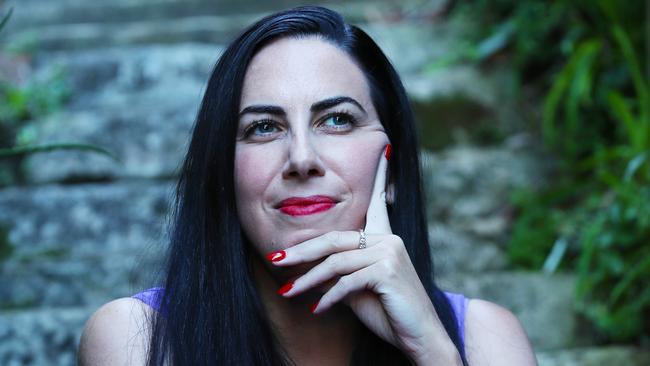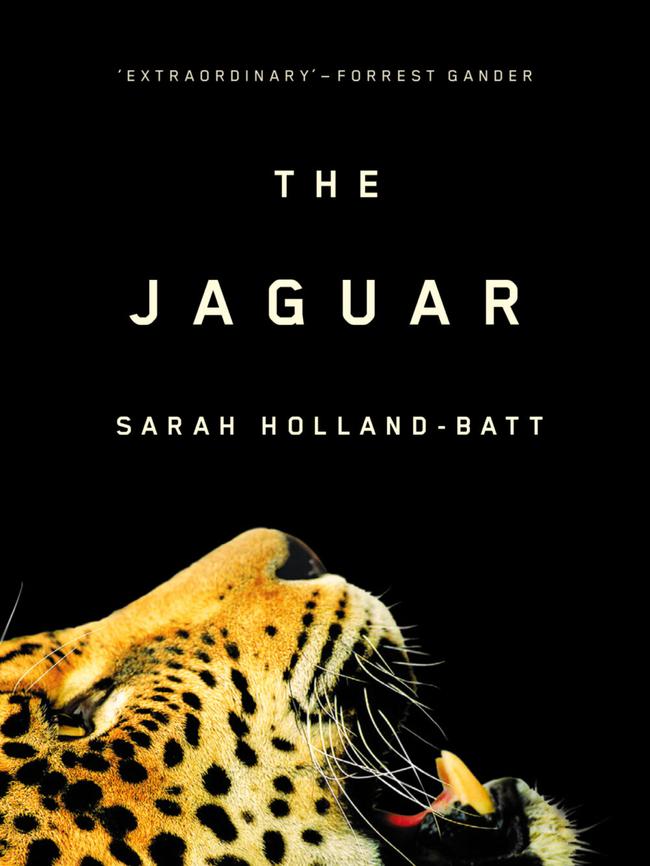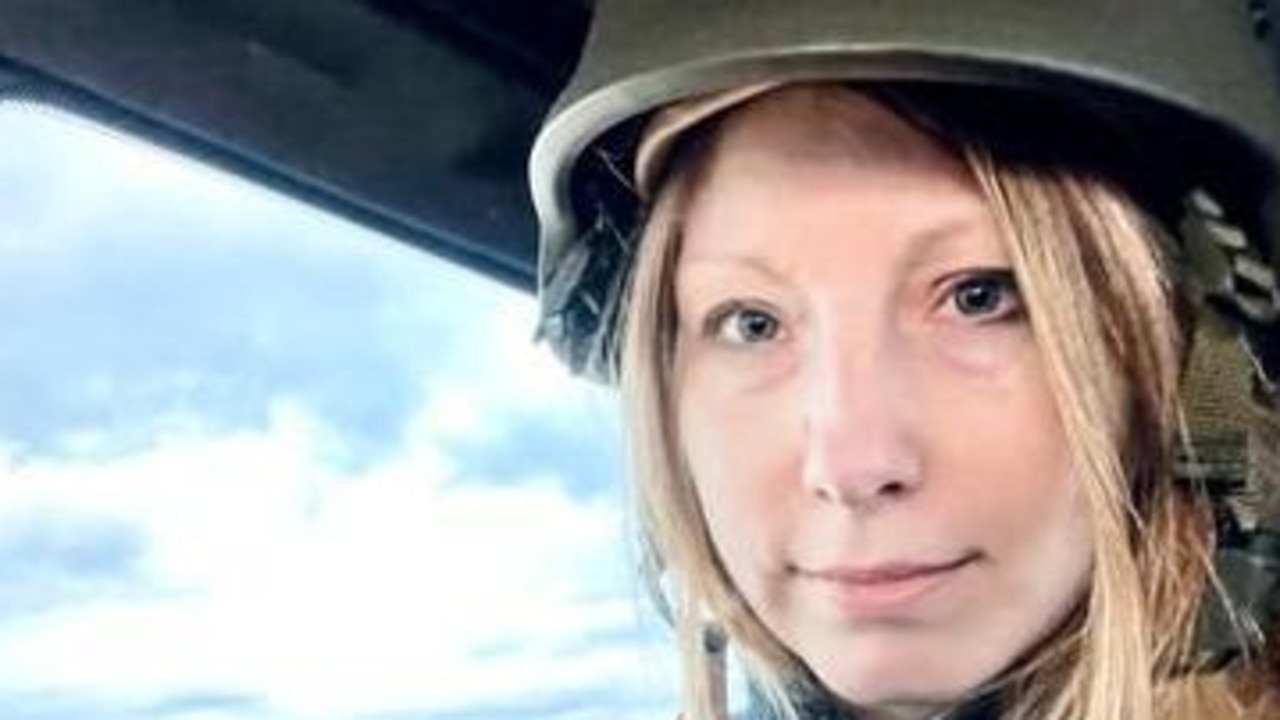After finding words for loss, Stella Prize is poetic justice for Sarah Holland-Batt
Sarah Holland-Batt has won the 2023 Stella Prize for The Jaguar, a luminous collection of poems about the decline and death of her father from Parkinson’s disease.

Sarah Holland-Batt’s bold and brilliant book, The Jaguar
“It’s a funny thing,” she told The Australian, “because in some ways I wish the book didn’t exist. I mean, I wish dad was still alive. And well. But he isn’t. So this is wonderful. Bittersweet.”
The Jaguar was named The Australian’s Book of the Year for 2022. Holland-Batt, a poet of international stature, is well-known to readers of this newspaper as a columnist and poetry columnist.
Her Stella-winning collection brims with the love of a daughter for her father, Tony, who taught her to read and crammed her childhood bedroom with books. Holland-Batt was devastated to lose him to Parkinson’s disease, and her poems lament the indignities of illness, while also acknowledging the grace of a man in his final days.
“I actually wondered whether it was a book that anyone would want to read because we’re not particularly good at talking about death and dying,” she said.
“People tend to experience it in isolation.
“My Dad’s illness wasn’t something that I’d spoken about widely with my friends. There isn’t a good, common language. Nonetheless, as a poet, you write what you’re given. You can choose some material, but life hands you other stuff. And that was the kind of material that I was given.”
Stella Prize judge Alice Pung said of the book: “In The Jaguar, Sarah writes about death as tenderly as we’ve ever read about birth.” The collection was, she said, both “unexpected and unforgettable”.
The Stella Prize is open to women and non-binary writers of fiction, nonfiction and poetry. It is named for Stella Miles Franklin, author of My Brilliant Career.

“One of the first things Miles Franklin ever had published was a poem,” Holland-Batt said during an interview at her serene apartment overlooking Sydney’s white boats and blue sea.
“I like that it (the prize) is open to poets. It makes sense when you think of the huge contribution they have made to Australian literature.”
She has been buoyed by the reception her collection had received at writers festivals.
“I think Dad would be astonished to know that these moments from the end of his life have meant so much to people. And I mean, he really is the reason I’m a writer. He was an incredible reader. He was always pushing books on to me.
“I had 20 years to prepare for him dying, because he was diagnosed when I was 18. So my whole adult life, the possibility was there, that we might lose him. There were peaks and troughs, and a number of close calls over the year where Mum and I had both thought this might be it, and then it wasn‘t.
“In spite of all that – having 20 years to mentally prepare myself for it – his death was still an enormous shock. And I think partially because Dad came back to himself as he died. He was taken off all his Parkinson’s meds, and it’s not uncommon that people then regain a little bit more of their personality and of their old self. Towards the end, I had glimpses of the old Dad that I thought I’d lost. He was there for a moment and then he was gone forever.”
Holland-Batt has recently been living in Sydney, having last year won the $100,000 Judy Harris Writer in Residence fellowship, which saw her based at the Charles Perkins Centre at the University of Sydney. She is soon to return to her position as professor of creative writing and literary studies at QUT.
Besides the The Jaguar, Holland-Batt is the author of three other collections – The Hazards (2015), which won the Prime Minister’s Award for poetry; Aria (2008); and Fishing for Lightning (2021), which comprised her columns for The Australian’s books pages.



